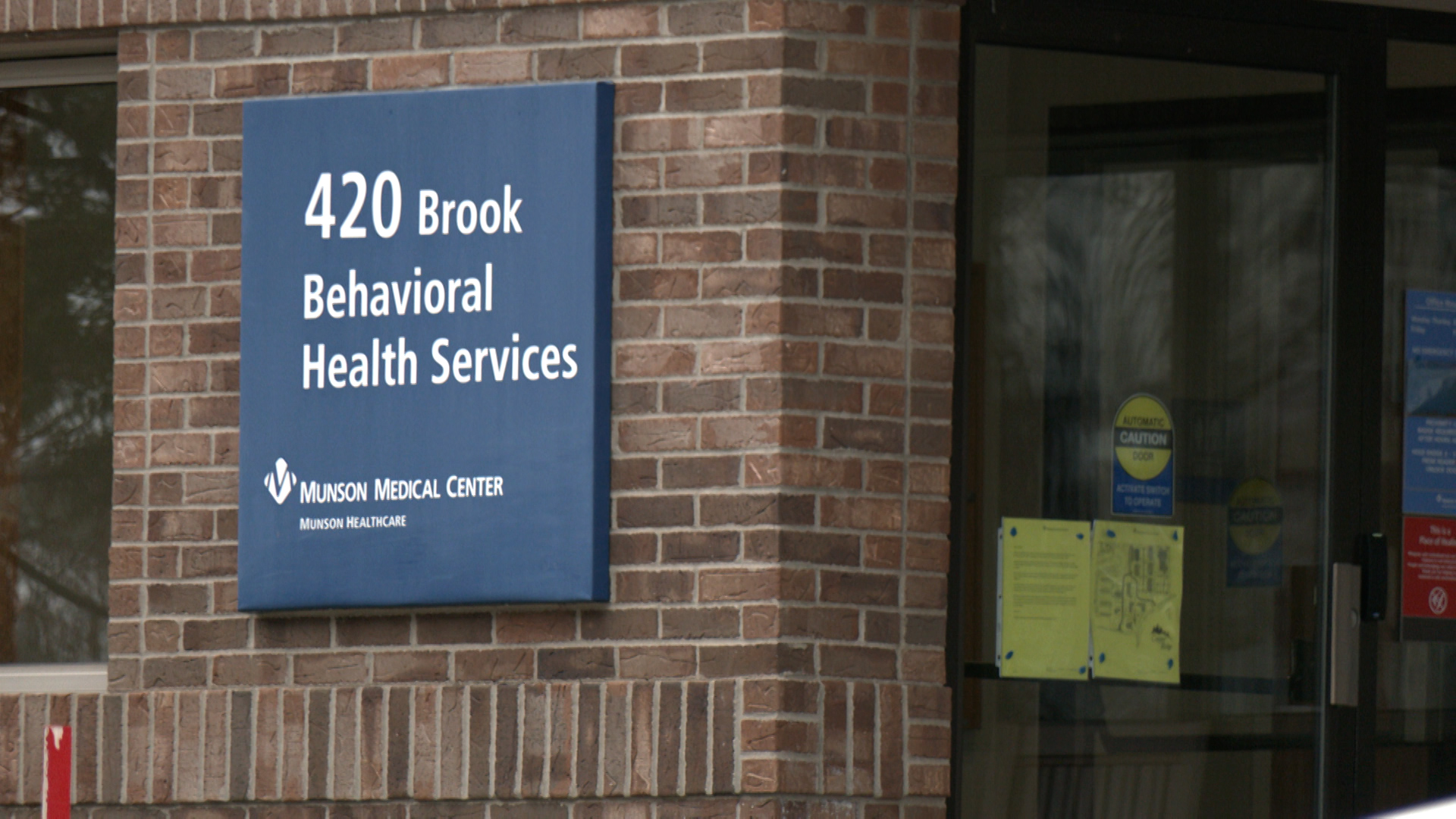Mumbai Takes Flight Against Pigeon Feeding: Is Delhi Next?

Mumbai has taken a firm stance against the seemingly harmless act of feeding pigeons, declaring it a punishable offence. This crackdown comes as health experts increasingly warn about the significant public health risks associated with pigeon populations and their droppings. But is Delhi set to follow suit?
For years, feeding pigeons has been a common sight in many Indian cities, particularly around religious sites and public spaces. While often perceived as a compassionate act, the growing number of pigeons congregating due to readily available food sources has created a breeding ground for disease and a considerable public health concern.
The Health Hazards of Pigeon Droppings
The issue isn't just about aesthetics; it's a serious health risk. Pigeon droppings contain a cocktail of harmful pathogens, including Histoplasma capsulatum, a fungus that can cause histoplasmosis, a respiratory infection. Exposure to these droppings can lead to a range of illnesses, from mild skin allergies and respiratory irritation to severe lung infections and even neurological problems. Children, the elderly, and individuals with compromised immune systems are particularly vulnerable.
“The sheer volume of pigeon droppings accumulating in public areas poses a significant threat,” explains Dr. Anya Sharma, a public health specialist in Mumbai. “These droppings dry and become airborne, allowing the pathogens to spread over a wide area. People inhale these particles, leading to respiratory issues. Furthermore, contact with the droppings can cause skin infections.”
Mumbai's Crackdown: Penalties and Enforcement
The Mumbai Municipal Corporation has implemented a new ordinance prohibiting the feeding of pigeons and other birds in public spaces. The penalty for violating the rule is a fine of ₹2,000 (approximately €23). Enforcement is being carried out by municipal officials, and public awareness campaigns are underway to educate citizens about the health risks.
“We understand that many people feed pigeons out of kindness, but the health risks outweigh the benefits,” stated Municipal Commissioner Chahal in a recent press conference. “We are committed to ensuring the health and safety of our citizens, and this action is necessary to address the growing problem.”
Delhi's Dilemma: Will They Follow Suit?
The situation in Delhi is strikingly similar to that in Mumbai. Large pigeon populations thrive in the capital, congregating around historical monuments and popular tourist destinations. The Delhi Municipal Corporation is currently reviewing the situation and considering similar measures to curb pigeon feeding.
“We are closely monitoring the situation in Mumbai and evaluating the potential impact of a similar ban in Delhi,” said a spokesperson for the Delhi Municipal Corporation. “Public health is our top priority, and we will make a decision based on the best available evidence.”
Beyond Bans: Sustainable Solutions
While a ban on feeding pigeons may be effective in reducing their numbers and associated health risks, experts suggest a more sustainable approach is needed. This includes:
- Population Control: Implementing humane pigeon control measures, such as nest removal and egg sterilization.
- Waste Management: Improving waste management practices to reduce the availability of food sources for pigeons.
- Public Education: Raising public awareness about the health risks associated with pigeon droppings and the importance of responsible bird management.






